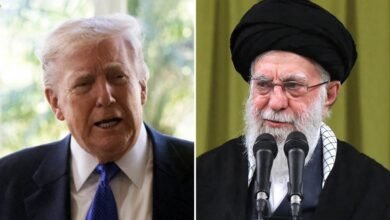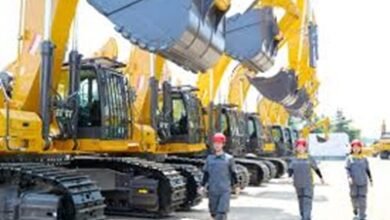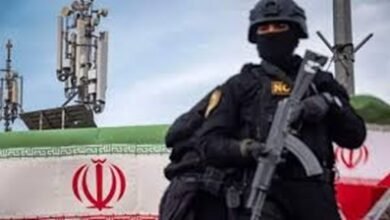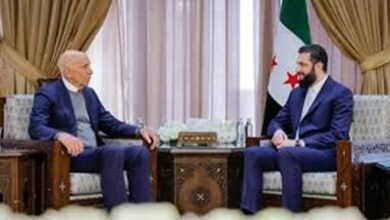The IDF killed the head of Hezbollah’s media office, Mohammad Afif
By Samir Singh: Editor-In-Chief

WAR-REPORT : The IDF killed the head of Hezbollah’s media office, Mohammad Afif, in central Beirut on November 17. The IDF conducted a strike targeting Afif in a residential building in Ras al Nabaa, a neighborhood in central Beirut. Hezbollah confirmed Afif’s death.
Afif was reportedly visiting a Syrian Ba’ath Party in Lebanon branch office at the time of the strike, according to the office’s head. The Lebanese Health Ministry reported the strike killed one and injured three others.

Afif’s killing is a continuation of the IDF’s campaign to target senior Hezbollah leadership to further degrade Hezbollah’s command-and-control. The IDF said that Afif worked with senior Hezbollah officials to direct military operations, particularly after Israeli operations seriously disrupted Hezbollah‘s strategic- and operational-level military leadership.
Afif had served as Hezbollah’s spokesperson since 2014 and facilitated Hezbollah’s news coverage and media relations. Afif managed Hezbollah’s attack claims and documentation related to attack claims and coordinated Hezbollah‘s messaging with Lebanese media.
Afif played a role in Hezbollah’s October 19 drone attack on Prime Minister Benjamin Netanyahu’s house in Caesarea. He was a close adviser to Nasrallah and had become the highest-ranking Hezbollah official to hold public conferences in Beirut over the past month.

Afif’s killing is likely intended to further disrupt Hezbollah’s command-and-control structures and its attempts to rehabilitate those structures by having other officials step into previous commanders’ roles.
The IDF strike that killed Hezbollah media chief Mohammad Afif is a continuation of the IDF’s campaign to target senior Hezbollah leadership to further degrade Hezbollah’s command-and-control. The IDF said that Afif worked with senior Hezbollah officials to direct military operations, particularly after Israeli operations seriously disrupted Hezbollah‘s strategic- and operational-level military leadership.

The IDF’s ground operation in Lebanon has enabled the IDF to begin taking steps to return Israelis to their homes. The IDF has removed all military checkpoints and roadblocks on roads near the Israel-Lebanon border that have been closed to civilians over the past year. The IDF’s re-opening of roads along the border indicates that the IDF has assessed that Israeli operations have significantly reduced the threat of anti-tank fire and other short-range munitions enough to allow civilians to return to previously targeted areas.
Likely Hezbollah fighters fired at UNIFIL peacekeepers in southern Lebanon on November 16. UNIFIL said that “likely non-state actors“ fired upon a patrol about 40 times. The only non-state armed groups operating in southern Lebanon are Hezbollah and groups that Hezbollah permits to operate in southern Lebanon.









